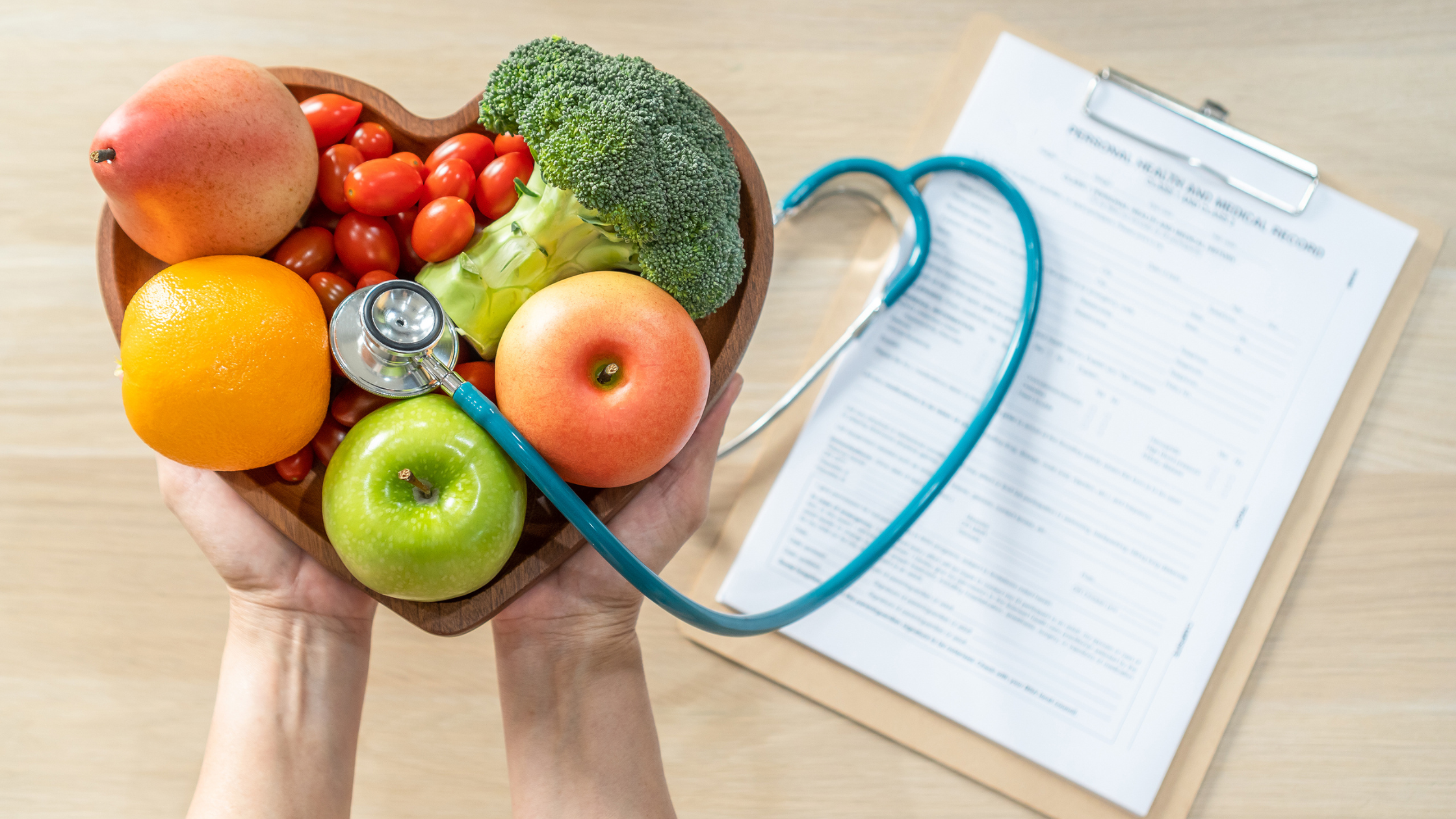Protein Shakes vs. Meal Replacements: What’s the Difference?
DISCLAIMER: Links included in this blog might be affiliate links. Health with Hannah, LLC is a participant in the Amazon Services LLC Associates Program along with other affiliate programs. If you purchase a product or service with the links that I provide I may receive a small commission with no additional charge to you. Thank you for your support!
Have you ever wandered through the protein supplement section of the store and wondered why there are so many different products? Nutrition shakes, protein powders, meal replacements… how do you know you know which one to choose? Or even know if you need a protein supplement at all?
In this blog we will cover:
What are meal replacements?
Who can benefit from a meal replacement?
Do meal replacements help with weight loss?
Meal replacements vs. protein shakes: which one to choose
Dietitian-approved meal replacement shakes
What are meal replacements?
Meal replacements are products intended to replace a meal, usually with lower calorie content than a “regular” meal would provide. For reference, most meal replacements tend to be around 200-300 calories. Meal replacements can come in various forms, including ready-to-drink shakes, bars, and powders that are added to liquid such as milk.
Meal replacements typically include all three macronutrients (protein, carbohydrates, and fats) along with vitamins and minerals. They are often used for weight management and are a popular supplement in weight loss programs, such as Optavia and Herbalife. SlimFast is another well-recognized example. Oh, and the nutrition bars that Regina George eats in Mean Girls.
Who can benefit from a meal replacement?
As a dietitian, there are a few situations where I may recommend a meal replacement.
Poor appetite: One of the best uses of meal replacements is for those with poor appetite. There are various causes of poor appetite, including acute illness, medications, anxiety and depression, and gastrointestinal distress. Whatever the cause, the idea of stomaching “regular” meals is very unappetizing when appetite is poor. Meal replacements can be an alternative to skipping meals and risking inadequate nutrient intake.
Convenience: Meal replacements tend to be shelf stable and portable, making them an option for those who are on the go and need a quick alternative to a meal or snack. While meal planning can also help to ensure you have the groceries you need, meal replacements can make a fine backup option. Fed is best and meal replacements can help people feed themselves.
To replace skipped meals: Do you typically skip breakfast in the morning because you rush out the door? Or do you skip lunch because you are super busy at work? Missing meals tends to backfire when we feel extra hungry later as our body plays catch up. If there are meals that you tend to skip, meal replacements may be an option for you.
Do meal replacements help with weight loss?
One of the most popular use of meal replacements is as a weight loss tool. This is largely because of their relatively low calorie content compared to what you may alternatively choose to eat for a meal. The high protein content of meal replacements also helps with keeping you full.
Meal replacements may help aid in weight loss, however I generally do not recommend relying on them too heavily. Satisfaction plays a really large part in our fullness cues and drinking a liquid shake or eating a bar likely won’t be as satisfying as eating a balanced meal with a variety of flavors, textures, colors, etc. Sure, meal replacements may have the nutrients that you need, but actually enjoying the meal will be key for saying satisfied.
If you’re looking for simple meal and snack ideas along with meal planning tips, I share new recipes every week inside The Nutrition Reboot Membership.
Meal replacements vs. protein shakes: which one to choose
Meal replacements and protein shakes may be a helpful addition to your routine, depending on your goals, budget, and dietary needs. It’s important to note that meal replacements and protein shakes are not a requirement for optimizing health. They are simply a supplement and a source of convenience.
As mentioned above, meal replacements may be helpful for those with poor appetite and tend to skip meals. Because they tend to offer protein, carbs, and fats, meal replacements can go the extra mile that protein shakes cannot.
Protein shakes serve the purpose of simply being a convenient way to get some protein in. If you find it difficult to meet your protein needs through whole foods alone, a protein shake or powder may help.
Protein shakes tend to be composed mainly of just protein, sometimes with additional vitamins and minerals added. They generally do not offer carbs and fats. Because of this, I tend to recommend adding food sources of carbs and fats to your protein shake. This might look like:
Protein shake + oatmeal + peanut butter
Protein shake + apple + handful of almonds
A smoothie made with protein powder, Greek yogurt, frozen fruit, and chia seeds
I know what you may be thinking - doesn’t adding a carb and fat source along with my protein shake just mean I am eating more calories? Yes, that is correct! Calories are not something to be feared. Adding the calories from carbs and fats will mean that your protein shake will keep you fuller for longer and you will feel more satisfied.
TLDR: meal replacements can be used to replace a meal while protein shakes are simply a protein source.
Dietitian-approved meal replacement shakes
I’ll be sharing meal replacements that I recommend below. If you are interested in a protein shake or powder, check out these posts:
Orgain Nutrition Shake
Calories per serving: 250 calories
Protein per serving: 16 grams
Certifications: Uses Nutrition Facts label rather than Supplement Facts label, as the products are food-based.
Plant-based: No
Orgain Vegan Nutrition Shake
Calories per serving: 240 calories
Protein per serving: 16 grams
Certifications: Uses Nutrition Facts label rather than Supplement Facts label, as the products are food-based.
Plant-based: Yes
OWYN Complete Nutrition Shakes
Calories per serving: 250 calories
Protein per serving: 20 grams
Certifications: Third party tested for safety and allergens. Uses Nutrition Facts label rather than Supplement Facts label, as the products are food-based.
Plant-based: Yes
Kate Farms Nutrition Shake
Calories per serving: 330 calories
Protein per serving: 16 grams
Certifications: Uses Nutrition Facts label rather than Supplement Facts label, as the products are food-based.
Plant-based: Yes
Ensure Complete Meal Replacement Nutrition Shake
Calories per serving: 350 calories
Protein per serving: 30 grams
Certifications: Uses Nutrition Facts label rather than Supplement Facts label, as the products are food-based.
Plant-based: No
You may also like this video
Want more help on your diet ditching journey?
Join my signature membership to become part of a community of ex-dieters working towards food freedom and making peace with food so they no longer need to cut out their favorite foods.





































